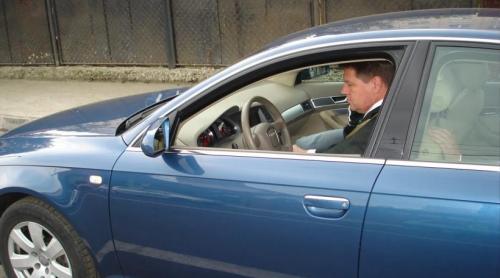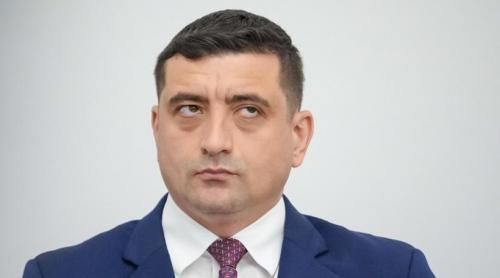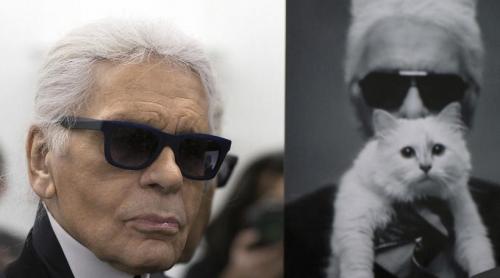
The national currency Wednesday fell at a slower rate against the euro after optimist statements from National Bank Governor Mugur Isarescu regarding the ability of the leu to fight back and the central bank intervention on the money market.
The national currency Wednesday fell at a slower rate against the euro after optimist statements from National Bank Governor Mugur Isarescu regarding the ability of the leu to fight back and the central bank intervention on the money market.
The central bank announced Wednesday the leu was 3.7635 to the euro, up 0.0016 from a day before. The trading session opened with the leu 0.03 higher than the day before, trading at between 3.74 and 3.7450 to the euro.
The central bank vacuumed up the domestic money market of 1.217 billion lei, in a deposit to mature on January 28, at an annual interest rate of 8%, equal to that of the monetary policy exchange rate. The central bank accepted the money put forward by tens of banking institutions.
On Tuesday, the central bank had vacuumed 2.59 billion lei, in two separate operations. The second deposit was to mature on January 25. On Monday, the central bank had vacuumed 2.156 billion lei and placed the money in deposits to mature in two weeks, at an 8% annual interest rate.
The Ministry of Finance bid on the same day for a four-day deposit, at 8% interest rate, getting 1.285 billion lei from commercial banks.
Isarescu had said Tuesday that the central bank will vacuum the money market whenever necessary, performing even two operations per day, in order to stop the fall of the leu against the euro.
“The national currency will bounce back after the last two-month slide, which was triggered by both exit of volatile capital investments and big budgetary expenses,” said Isarescu.
He added that the exit of speculative foreign capitals is due to a “weakness” in the Romanian economy, which concentrated most of its budgetary expense at the end of the fiscal year. “This is a bad habit. The minister of finance showed that local municipalities alone spent over 1% of the GDP in the last ten days of 2007. Such huge expense on such a short period of time is bound to leave marks on the money market,” explained Isarescu.
He said that the private sector also contributed to the hike in money available on the market, which surged three times in December, over the monthly average.
For this reason, Prime Minister Calin Popescu Tariceanu Tuesday asked ministries to plan thoroughly their budgetary expenses over a 12-month period, so as not to repeat the problems encountered at the end of 2007.
Finance minister Varujan Vosganian said his ministry evaluated the situation, to assess which were the beneficiaries of the hasty expenses. He also said that new rules for tighter fiscal discipline would be presented for approval in February, along with the budgetary plan for the year.
daniel.ionascu@jurnalul.ro
Translated by Anca Păduraru

















